The USC Alfred E. Mann School of Pharmacy and Pharmaceutical Sciences has been a national leader in advancing the pharmaceutical field since our founding in 1905. We continue to serve as an innovative force. Our programs encompass the entire spectrum of pharmacy education, research and practice—from laboratory science and clinical pharmacy to health policy and regulatory science.
Our school has advanced the field through pioneering initiatives, excellence in education and service to diverse populations in need. Through this comprehensive strategic plan, we are building on the firm foundation of our past to raise the science and practice of pharmacy to even greater heights in the future, by converging disciplines, fostering collaboration, preparing future leaders and opening novel paths of scientific exploration and policy impact.
#1
Private
Pharmacy School
#1
Committed to equity, and to serving the community surrounding our campus near downtown Los Angeles, we expand the field’s frontiers through groundbreaking translational discovery and by training new generations of professionals to the highest standards of innovation and care. The excellence of our programs and faculty is recognized worldwide.
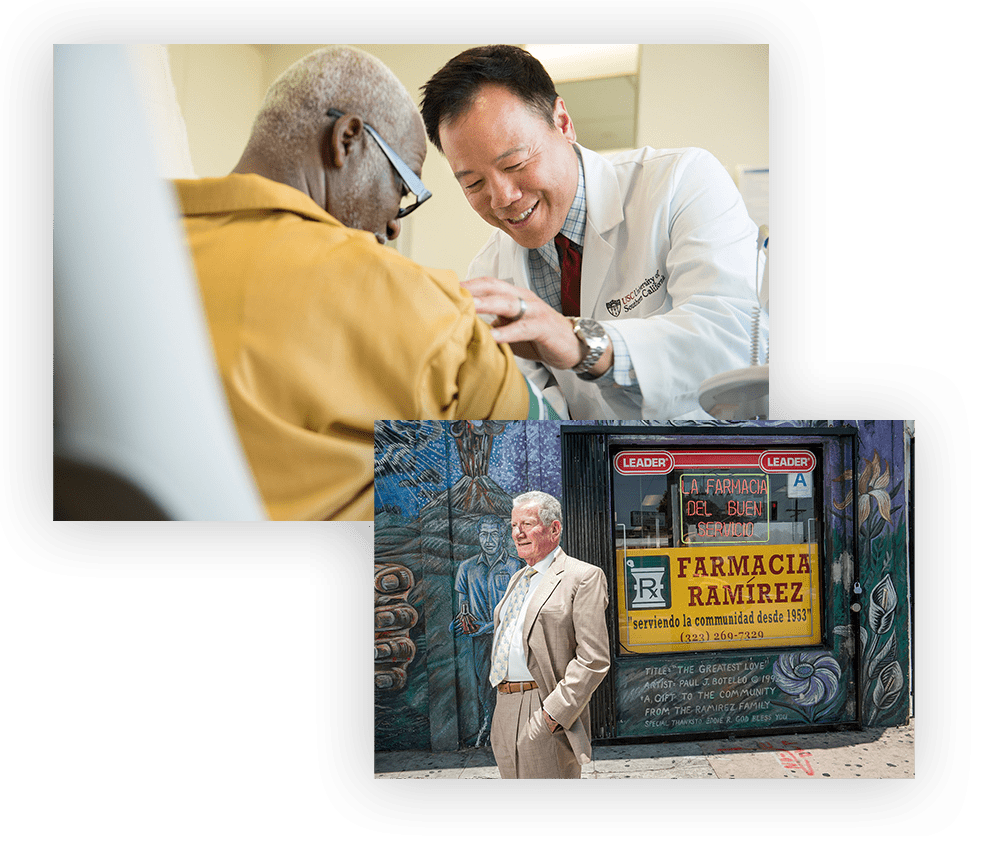

“Since its inception more than a century ago, USC Mann has remained a place of innovation and excellence in pharmacy education. Our graduates enter their respective fields as leaders and innovators, with the potential to save lives and improve the human condition.”
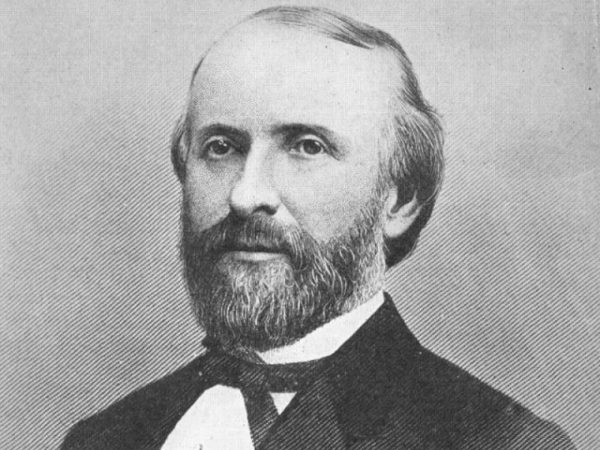
USC’s three founders include pharmacist John Gately Downey, who was also the seventh governor of California.
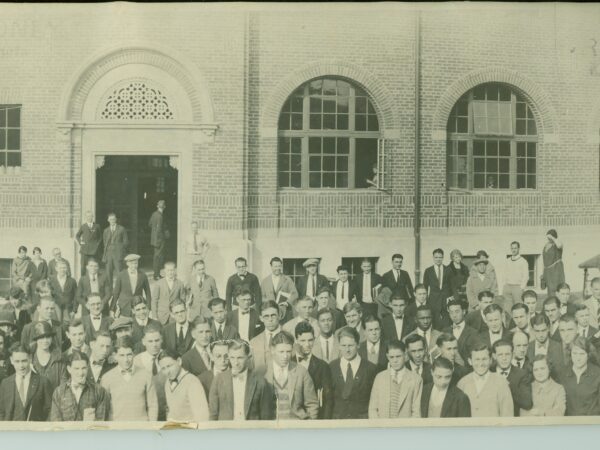
The school is established as the USC College of Pharmacy, offering a two-year pharmacy graduate degree (PhG) with a mission to “create a means for higher pharmaceutical education and supply a broader foundation for the student’s future professional career by providing systematic instruction and special training in those subjects requisite for the successful practice of pharmacy.”
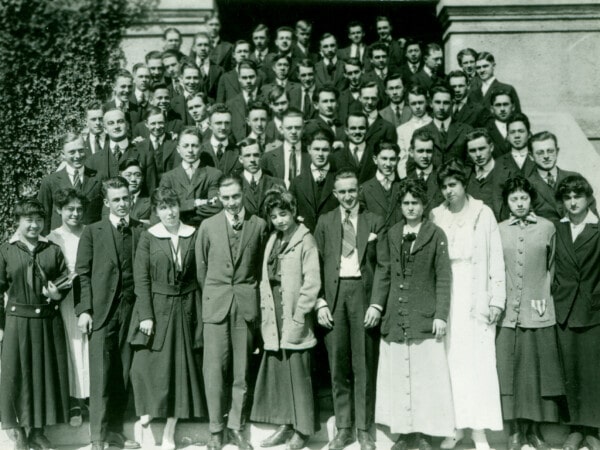
The school creates the first four-year bachelor of science in pharmacy.
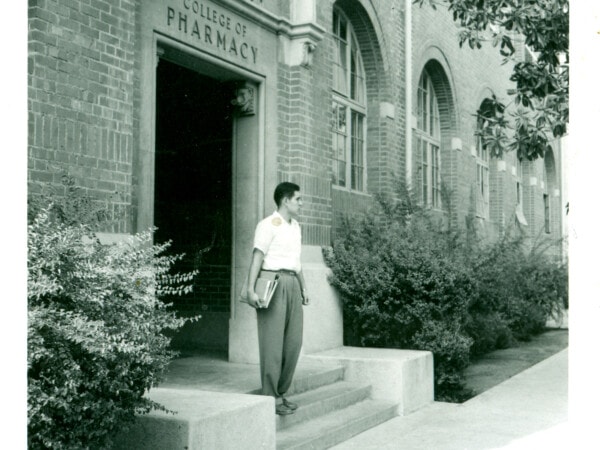
We establish the nation’s first PharmD program.

The school launches the nation’s first clinical pharmacy program and the first MS in radiopharmacy.
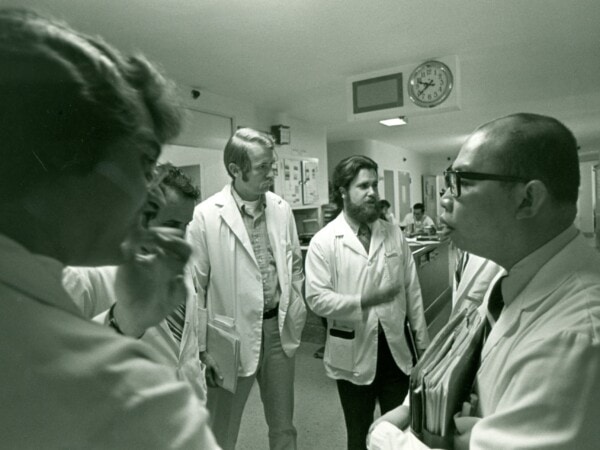
We become the first school of pharmacy to offer clinical clerkships.
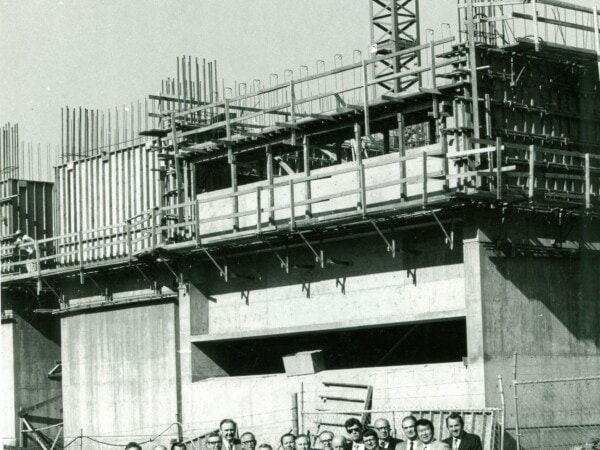
The school moves to the Health Sciences Campus, providing faculty and student access to multidisciplinary medical facilities and the LAC+USC Medical Center—one of the world’s largest teaching hospitals.
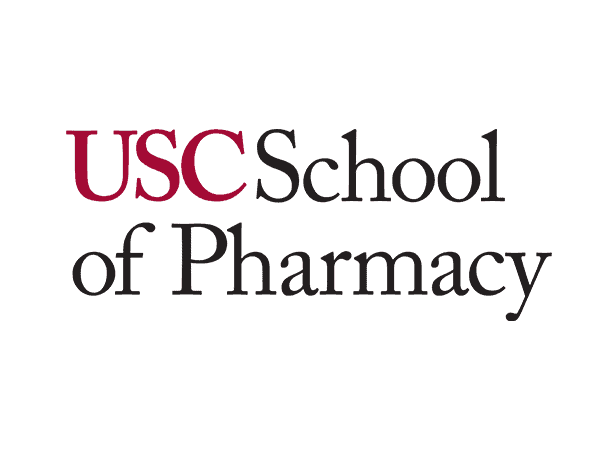
We establish the nation’s first PharmD/MBA dual-degree program, providing training in both science and business administration.
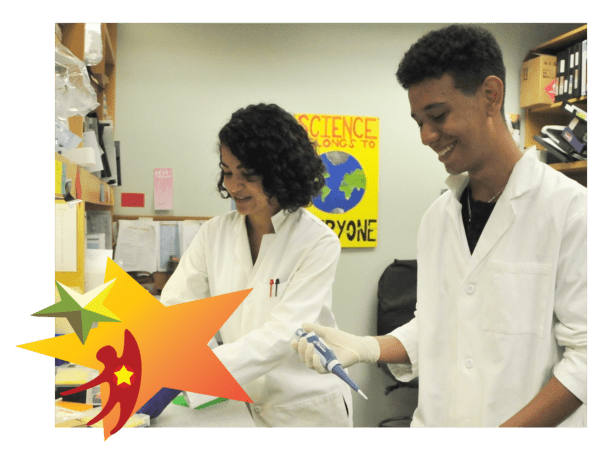
USC launches the Science, Technology and Research (STAR) program, based at USC Mann, to foster life science careers among underrepresented high school students.
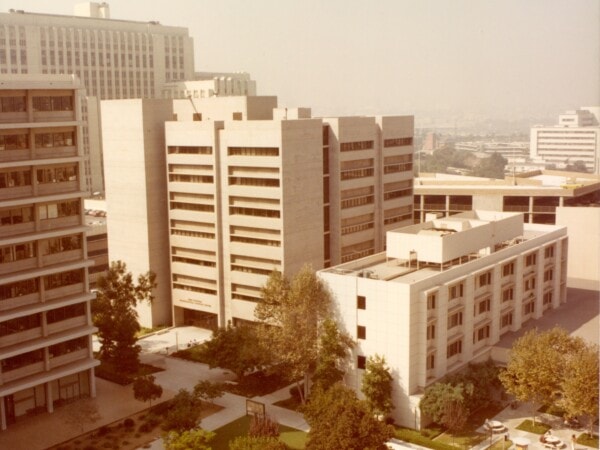
We develop the first PharmD/Graduate Certificate in Gerontology program, training students to pursue leadership roles in geriatric pharmacy.

We begin an annual series of international workshops to enhance clinical education worldwide.

The school pioneers the first-ever PhD in pharmaceutical economics and policy, connecting theoretical with practical applications in this growing field.
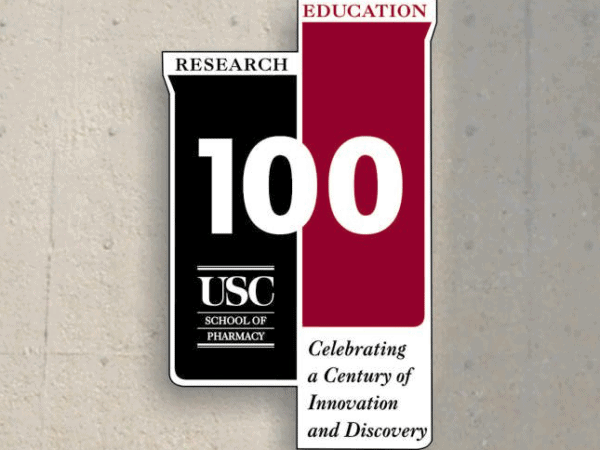
We celebrate the school’s centennial.
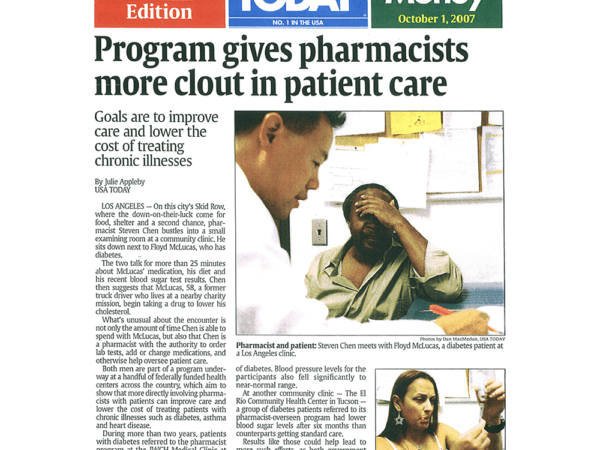
We launch several new certificate programs in regulatory science.
The school is featured on the cover of USA Today’s business section on expanding the role of the pharmacist and the impact on patient outcomes and costs.
The school wins a Pinnacle Award from the American Pharmacy Association (APhA).
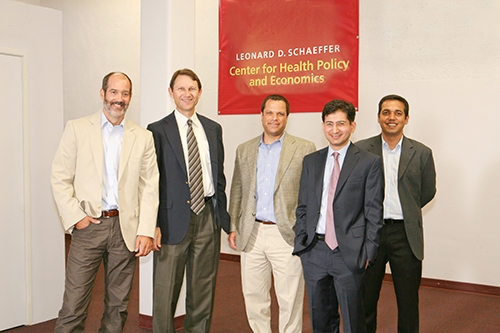
The school and the USC Price School of Public Policy create the Leonard D. Schaeffer Center for Health Policy & Economics to conduct innovative research that promotes wellbeing and value in the delivery of healthcare.
The American Association of Colleges of Pharmacy presents the school with its inaugural award for Transformative Community Service.
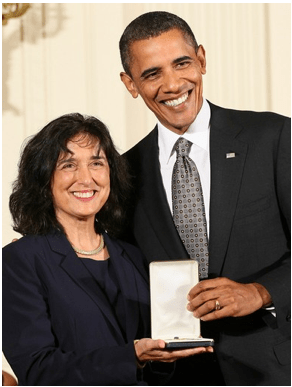
A School of Pharmacy faculty member receives the Presidential Citizen Medal from President Obama.
The school receives a $11.4 million award from the National Institutes of Health to reduce unnecessary antibiotic prescriptions.
An op-ed in the Wall Street Journal advocates for the expansion of pharmacists’ oversight of patient medications to alleviate the burden on physicians.
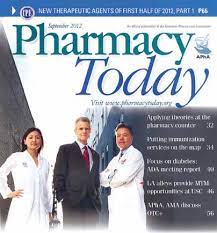
The Centers for Medicare & Medicaid Services (CMS) awards the school a landmark $12 million healthcare innovation grant for our safety-net work in chronic diseases.
We pioneer an international travel health program for community pharmacists in partnership with Good Neighbor Pharmacy.
Cover story in Pharmacy Today highlights the school’s work in safety-net clinics.

With six clinical trials underway, the school reaches a translational science milestone.
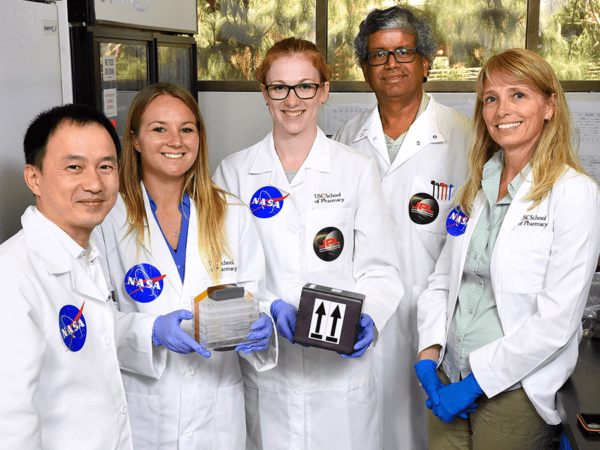
Faculty and students at the school collaborate with NASA Jet Propulsion Laboratory and Caltech on a pioneering experiment headed to the International Space Station, making USC the first pharmacy school in space.
The school earns a record fourth Pinnacle Award from the APhA.
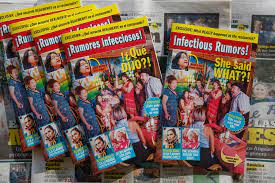
We launch an undergraduate minor in Science and Management of Biomedical Therapeutics and a Bachelor of Science in Pharmacology and Drug Development.
The pioneering Department of Regulatory and Quality Sciences is established.
The school publishes the 10th in a series of fotonovelas aimed at improving health in Latino and other communities.
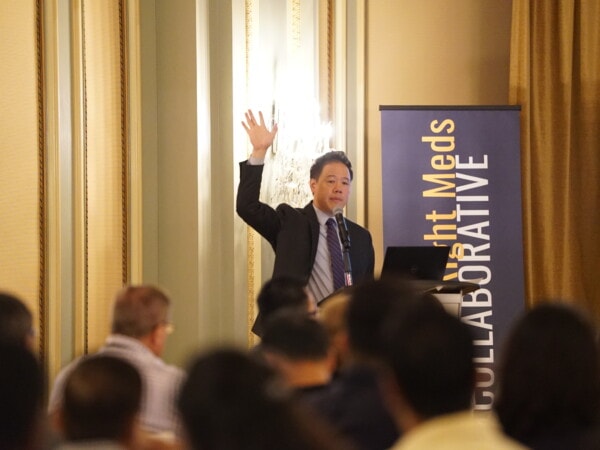
We establish a new Center for Quantitative Drug and Disease Modeling.
The school creates the California Right Meds Collaborative, a network of health plans, pharmacies, and academic and professional organizations, to improve continuity of care through comprehensive medication management, with support from the Los Angeles County Department of Public Health and the Centers for Disease Control and Prevention.
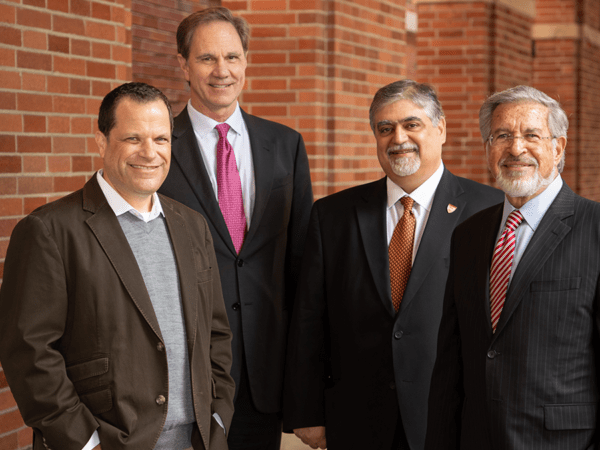
The Schaeffer Center celebrates its 10th anniversary, recognizing contributions that include quickly becoming a trusted resource for analysis, authoring more than a thousand papers, raising $109 million and holding more than 180 conferences, seminars and other events during the center’s first decade.
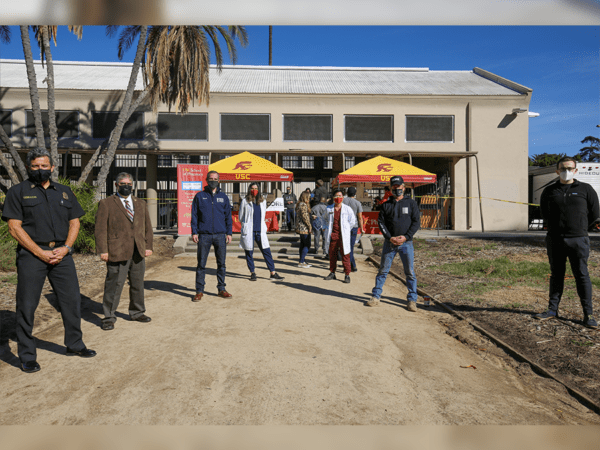
Our faculty offer novel testing strategies for COVID-19, conduct research into innovative therapies for the disease and launch a partnership with the city of Los Angeles to provide free flu vaccinations across the city to avoid a “twindemic.”
We partner with L.A. Mayor Eric Garcetti, the Los Angeles Fire Department and other community groups to open the Lincoln Park vaccine point-of-dispensing (POD) site for COVID-19 vaccinations.
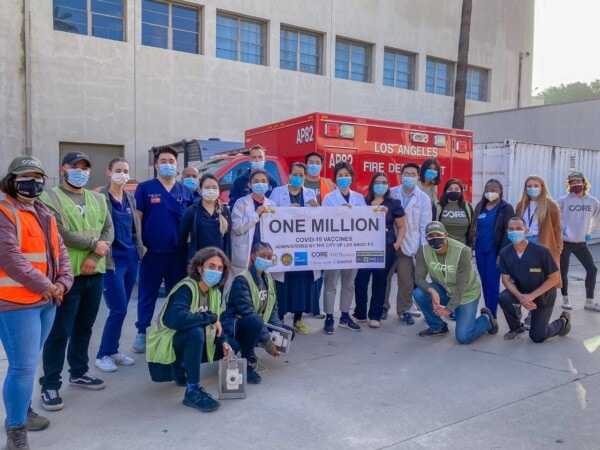
Faculty, alumni and students involved in the COVID-19 vaccination effort are featured in The New York Times and on the front page of the Los Angeles Times.
The nation’s largest POD opens at Dodger Stadium, with the school overseeing preparation of thousands of vaccine doses per day. Volunteer students and alumni continue administering vaccines here and in other locations to people from across Los Angeles—including in the area’s hardest-hit, most underserved neighborhoods.
The school’s new Titus Center for Medication Safety and Population Health is established.
We launch a new Master of Science degree in Biopharmaceutical Marketing.
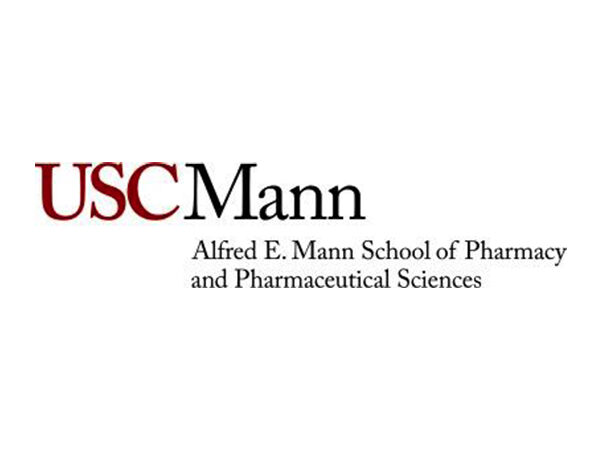
The USC School of Pharmacy receives a $50 million endowment for student scholarships, faculty recruitment and more, and is renamed the USC Alfred E. Mann School of Pharmacy and Pharmaceutical Sciences.
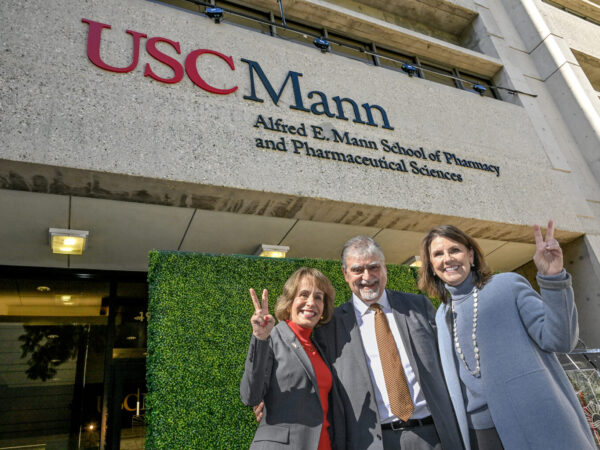
Unveiling the new name on the building’s facade, the USC Alfred E. Mann School of Pharmacy and Pharmaceutical Sciences formally celebrated the generous $50 million gift from the Alfred E. Mann Foundation for Biomedical Engineering to name and further strengthen the school.
Results magazine, published semi-annually, highlights some of the school’s latest advances and achievements, as well as the faculty, students, alumni and donors who make this work possible.

